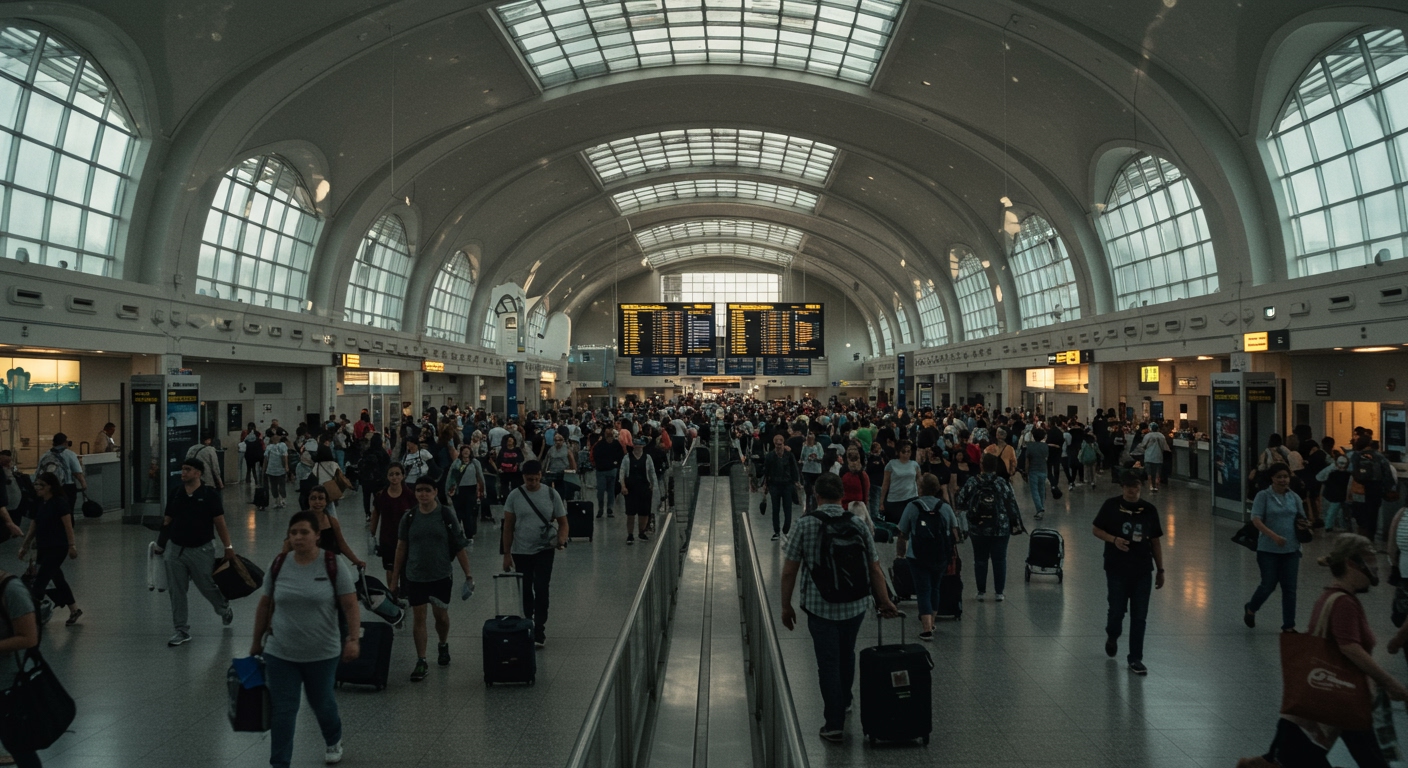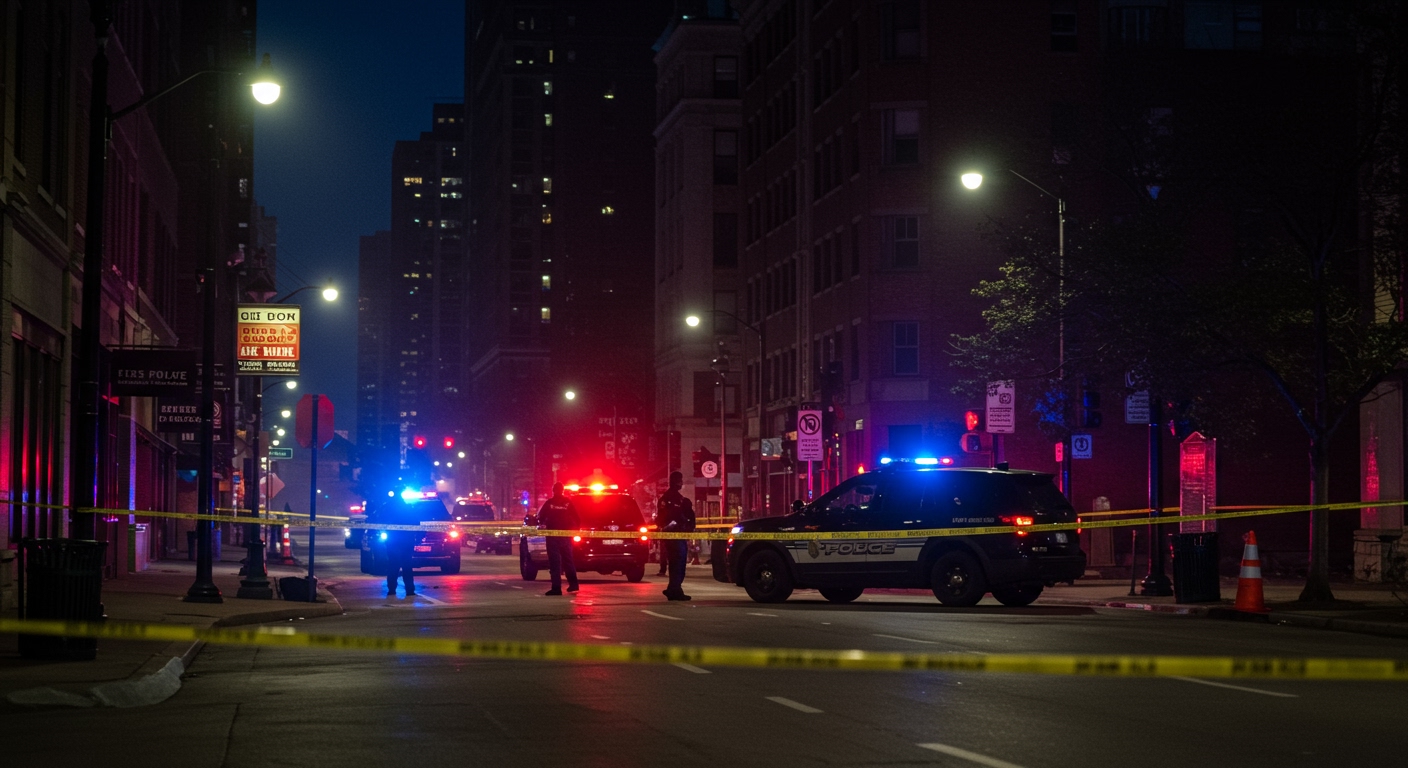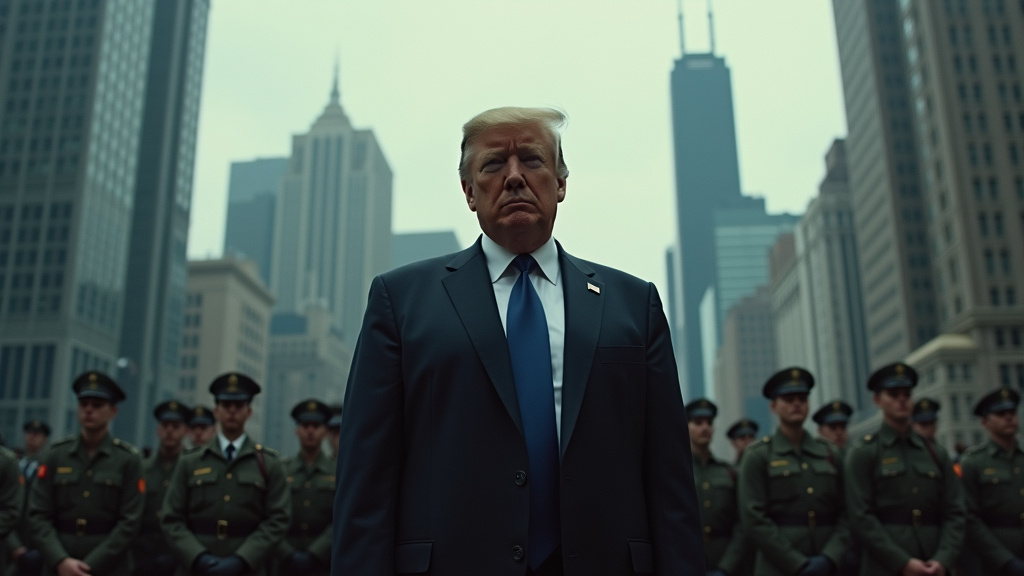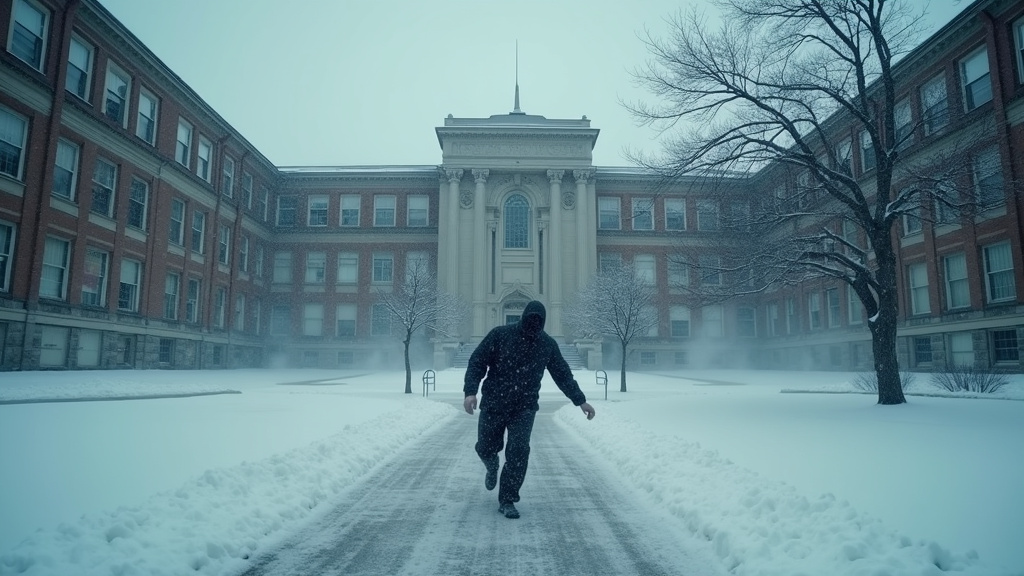A former top official with Immigration and Customs Enforcement (ICE) has issued a stark warning, asserting that the Trump administration’s aggressive immigration crackdown has placed federal agents in a “terrible position.” John Sandweg, who previously served as acting director of ICE, contends that agents are being deployed for operations in cities like Chicago where their specialized training is ill-suited, creating unnecessary friction and potentially compromising their effectiveness and public safety. This criticism comes as numerous incidents involving federal agents in urban settings have captured public attention, frequently going viral online and sparking intense debate.
Agents Misapplied in Urban Arenas
Sandweg’s primary concern centers on the mismatch between the agents’ training and their deployment. “These are units that are designed to address high-risk threats and bring overwhelming force to bear,” Sandweg told CBS News, referring to agencies like U.S. Border Patrol. He argued that deploying agents trained for border interdiction and high-threat scenarios into the complex urban environment of Chicago is a fundamental flaw in the administration’s strategy. “I blame the administration for putting agents, who are trained in this manner, in a city where they don’t belong,” he stated. This approach, critics argue, can lead to overreach and escalations of force not typically associated with immigration enforcement in non-border cities.
‘Operation Midway Blitz’ and Escalating Tactics
The federal presence in Chicago, often referred to as “Operation Midway Blitz” or similar initiatives, has involved a significant deployment of ICE and Border Patrol agents. These operations have been characterized by aggressive tactics, including vehicle pursuits that resulted in crashes, forceful takedowns, and the deployment of crowd-control munitions such as tear gas, pepper balls, and flashbang grenades. These events have been widely documented, with many videos quickly becoming VIRAL, showcasing confrontations between federal agents and protesters, as well as journalists. One widely circulated image depicted a federal agent aiming a crowd-control weapon at a protester on a residential street, underscoring the paramilitary nature of some of these federal actions. The deployment of armed agents, sometimes in camouflage and masks, patrolling high-visibility areas and making arrests, has amplified concerns about the federal government’s increasing intervention in urban law enforcement matters.
Judicial Scrutiny and Orders for Accountability
The escalating tactics and encounters have not gone unnoticed by the judiciary. A class-action lawsuit filed by journalist groups and protesters alleged a “pattern of extreme brutality” by federal agents, aimed at silencing dissent. In response to these allegations and mounting evidence, U.S. District Judge Sara Ellis has taken action. She issued a temporary restraining order barring the use of riot-control weapons like tear gas against protesters and journalists unless necessary to prevent harm, requiring prior warnings. Most significantly, Judge Ellis subsequently ordered federal immigration officers in the Chicago area to wear and activate body cameras during enforcement activities. The judge expressed “startlement” and “profound concern” over reports and images suggesting violations of her orders, emphasizing that compliance was not optional but a directive.
Opposition from Local Leadership
Illinois Governor JB Pritzker has been a vocal critic of the federal government’s approach, frequently denouncing the deployments. Governor Pritzker has stated that the federal actions are “un-American” and that agents are acting like an “invading army,” creating a “war zone” without adequate coordination with local authorities. He has accused the administration of fabricating emergencies to justify deployments and targeting political opponents. However, the Department of Homeland Security has refuted these claims, defending the agents and accusing the governor of spreading “harmful lies.”
Broader Implications and Ongoing Tension
The federal crackdown in CHICAGO and similar operations in other cities have ignited a significant debate over federal authority, states’ rights, and civil liberties. Critics argue that the administration is overstepping its bounds, potentially violating the Posse Comitatus Act, which limits the military’s role in domestic law enforcement. The administration, conversely, has defended its actions as necessary to combat crime and enforce immigration laws. This NEWS cycle continues to highlight the tension between federal enforcement priorities and local governance, with the “terrible position” of the agents caught in the middle of these high-stakes, often contentious operations. The need for accountability, underscored by judicial intervention and public scrutiny of viral incidents, remains a central theme in this ongoing saga. This is a TOP NEWS story with significant implications for immigration policy and federal-local relations.














